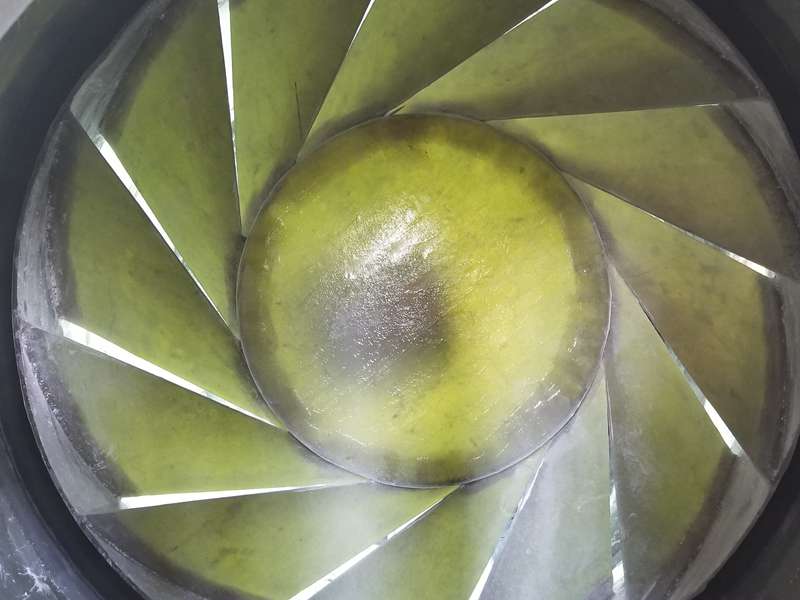
-
 Afrikaans
Afrikaans -
 Albanian
Albanian -
 Amharic
Amharic -
 Arabic
Arabic -
 Armenian
Armenian -
 Azerbaijani
Azerbaijani -
 Basque
Basque -
 Belarusian
Belarusian -
 Bengali
Bengali -
 Bosnian
Bosnian -
 Bulgarian
Bulgarian -
 Catalan
Catalan -
 Cebuano
Cebuano -
 China
China -
 China (Taiwan)
China (Taiwan) -
 Corsican
Corsican -
 Croatian
Croatian -
 Czech
Czech -
 Danish
Danish -
 Dutch
Dutch -
 English
English -
 Esperanto
Esperanto -
 Estonian
Estonian -
 Finnish
Finnish -
 French
French -
 Frisian
Frisian -
 Galician
Galician -
 Georgian
Georgian -
 German
German -
 Greek
Greek -
 Gujarati
Gujarati -
 Haitian Creole
Haitian Creole -
 hausa
hausa -
 hawaiian
hawaiian -
 Hebrew
Hebrew -
 Hindi
Hindi -
 Miao
Miao -
 Hungarian
Hungarian -
 Icelandic
Icelandic -
 igbo
igbo -
 Indonesian
Indonesian -
 irish
irish -
 Italian
Italian -
 Japanese
Japanese -
 Javanese
Javanese -
 Kannada
Kannada -
 kazakh
kazakh -
 Khmer
Khmer -
 Rwandese
Rwandese -
 Korean
Korean -
 Kurdish
Kurdish -
 Kyrgyz
Kyrgyz -
 Lao
Lao -
 Latin
Latin -
 Latvian
Latvian -
 Lithuanian
Lithuanian -
 Luxembourgish
Luxembourgish -
 Macedonian
Macedonian -
 Malgashi
Malgashi -
 Malay
Malay -
 Malayalam
Malayalam -
 Maltese
Maltese -
 Maori
Maori -
 Marathi
Marathi -
 Mongolian
Mongolian -
 Myanmar
Myanmar -
 Nepali
Nepali -
 Norwegian
Norwegian -
 Norwegian
Norwegian -
 Occitan
Occitan -
 Pashto
Pashto -
 Persian
Persian -
 Polish
Polish -
 Portuguese
Portuguese -
 Punjabi
Punjabi -
 Romanian
Romanian -
 Russian
Russian -
 Samoan
Samoan -
 Scottish Gaelic
Scottish Gaelic -
 Serbian
Serbian -
 Sesotho
Sesotho -
 Shona
Shona -
 Sindhi
Sindhi -
 Sinhala
Sinhala -
 Slovak
Slovak -
 Slovenian
Slovenian -
 Somali
Somali -
 Spanish
Spanish -
 Sundanese
Sundanese -
 Swahili
Swahili -
 Swedish
Swedish -
 Tagalog
Tagalog -
 Tajik
Tajik -
 Tamil
Tamil -
 Tatar
Tatar -
 Telugu
Telugu -
 Thai
Thai -
 Turkish
Turkish -
 Turkmen
Turkmen -
 Ukrainian
Ukrainian -
 Urdu
Urdu -
 Uighur
Uighur -
 Uzbek
Uzbek -
 Vietnamese
Vietnamese -
 Welsh
Welsh -
 Bantu
Bantu -
 Yiddish
Yiddish -
 Yoruba
Yoruba -
 Zulu
Zulu
Choosing the Right Thread Tap Drill Bits for Your DIY Projects and Professional Needs
Understanding Thread Tap Drill Bits An Essential Guide
Thread tap drill bits are critical tools in the field of metalworking and woodworking, designed for creating precise threaded holes in various materials. These bits are essential for ensuring that screws and bolts can be securely installed into a substrate, whether it be wood, metal, or plastic. In this article, we will delve into the anatomy, application, and significance of thread tap drill bits.
What are Thread Tap Drill Bits?
Thread tap drill bits are specialized tools that combine the functions of both drilling and tapping. They are designed to create a hole and simultaneously form internal threads in that hole. This dual functionality makes them immensely useful in applications where speed and accuracy are of utmost importance. When a thread tap drill bit is used, it removes the need for separate drilling and tapping operations, which can significantly reduce production time and increase efficiency.
Types of Thread Tap Drill Bits
Thread tap drill bits come in various configurations, each suited for different materials and applications
1. HSS (High-Speed Steel) Tap Bits These are versatile and widely used due to their durability and ability to withstand high temperatures. HSS bits are perfect for general-purpose tapping in metals.
2. Carbide Tap Bits For harder materials, carbide tap bits are ideal. They maintain their edge longer than HSS, making them suitable for high-volume applications where precision is needed.
3. Coated Tap Bits Coated thread tap drill bits, such as TiN (Titanium Nitride) or TiAlN (Titanium Aluminum Nitride), have a surface treatment that enhances their hardness and wear resistance. These are particularly useful for tapping tougher materials.
thread tap drill bits

Choosing the Right Size and Thread Pitch
When selecting a thread tap drill bit, it is crucial to match the size of the bit with the desired screw or bolt. Each tap bit has a recommended drill size that corresponds to a specific thread. This ensures that the internal threads formed in the hole are compatible with the hardware being used.
Additionally, thread pitch—defined as the distance between threads—should also be considered. Common thread pitches include coarse, fine, and extra-fine threads. The choice of thread pitch will depend on the application, with coarse threads providing better grip in softer materials and fine threads offering more precise adjustments.
Applications of Thread Tap Drill Bits
Thread tap drill bits are employed in numerous industries, including automotive, aerospace, construction, and manufacturing. They are used in assembling components, repairing threaded holes, and creating critical fastening points in machinery and structures.
In automotive applications, for instance, thread tap drill bits are utilized to create precision threads in engine block repairs. In the aerospace industry, they are crucial for making lightweight, high-strength fasteners that meet stringent safety standards.
Conclusion
In summary, thread tap drill bits are indispensable tools in the machining and manufacturing realms. Their ability to combine drilling and tapping into one operation significantly enhances efficiency and accuracy. Understanding the various types, sizes, and applications of these bits allows professionals to select the right tools for their specific tasks, ultimately leading to better results in their projects. As technology evolves and materials become more advanced, the importance of high-quality thread tap drill bits will continue to grow, making them a foundational component of modern fabrication processes.
Latest news
-
High-Performance FRP Scrubber – Advanced Fiberglass Scrubber for Effective Cleaning & Stain RemovalNewsJul.04,2025
-
Fiberglass 90 Degree Elbow for Custom Tanks & High Pressure Pipes Durable and Corrosion ResistantNewsJun.24,2025
-
Exploring the Benefits of Top Hammer Drifter Rods for Enhanced Drilling PerformanceNewsJun.10,2025
-
High-Precision Fiberglass Winding Machine for GRP/FRP Pipe Production – Reliable & Efficient SolutionsNewsJun.10,2025
-
FRP Pipes & Fittings for Shipbuilding - Corrosion-Resistant & LightweightNewsJun.09,2025
-
Premium FRP Flooring Solutions Durable & Slip-ResistantNewsJun.09,2025









